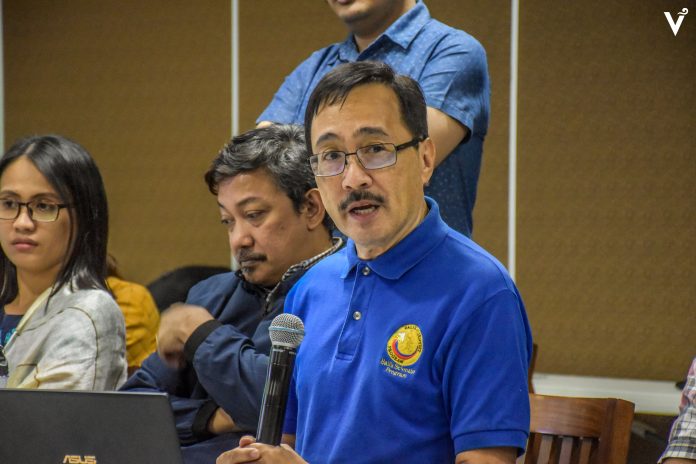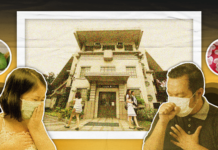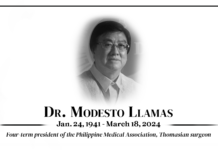EXPERTS expressed their opposition to waste-to-energy (WTE) facilities, a method that incinerates trash to harness energy, during a forum titled “Waste-to-energy or waste of energy?” held in UST last Jan. 20.
Paul Connett of St. Lawrence University explained that WTE facilities are not only harmful to humans and the environment, but are also wasteful and expensive.
“When you burn materials, you burn objects. You’re destroying materials that you’ve put a lot of energy into, and you’re getting very little energy back,” Connett said.
He said incineration reduces the discussion into a mere technological problem and called it a “primitive way of living in the 21st century.”
“[S]tart talking about recycling, reuse, composting, and how you get political will, which is absolutely critical, and how you get young people involved in this thing. This is where I’d like the discussion to go, because I still think that the Philippines could be a model to the rest of Asia,” Connett said.
Jorge Emmanuel, an environmental science and engineering professor at Silliman University in Dumaguete, said there are many methods of disposing waste that should be promoted and protected.
“There’s a whole slew of technologies that are not incineration built to destroy different types of waste, however, each would depend on a particular situation… [i]t’s just that some companies tend to be lazy and simply say high temperature incineration is the way,” Emmanuel said.
Allowing WTE facilities in the Philippines would contradict Republic Act 8749 or the Philippine Clean Air Act, a law that aims to achieve and maintain clean air for Filipinos, he said.
Froilan Grate, regional coordinator of GAIA Asia Pacific, stressed the importance of collaboration and how it is a challenge for academic institutions to promote a more efficient method of waste management.
“When it comes to these meetings or discussions, data and research are very important, and that’s what is really lacking here in the Philippines,” Grate said.
Held at the Blessed Buenaventura G. Paredes O.P. Building, academic forum was organized by the Research Interest Group on Sustainability of UST Research Center for Social Sciences and Education (RCSSEd), in collaboration with the international NGO – Global Alliance for Incineration Alternatives (GAIA), and the University of the Philippines Environmental Engineering Program.













